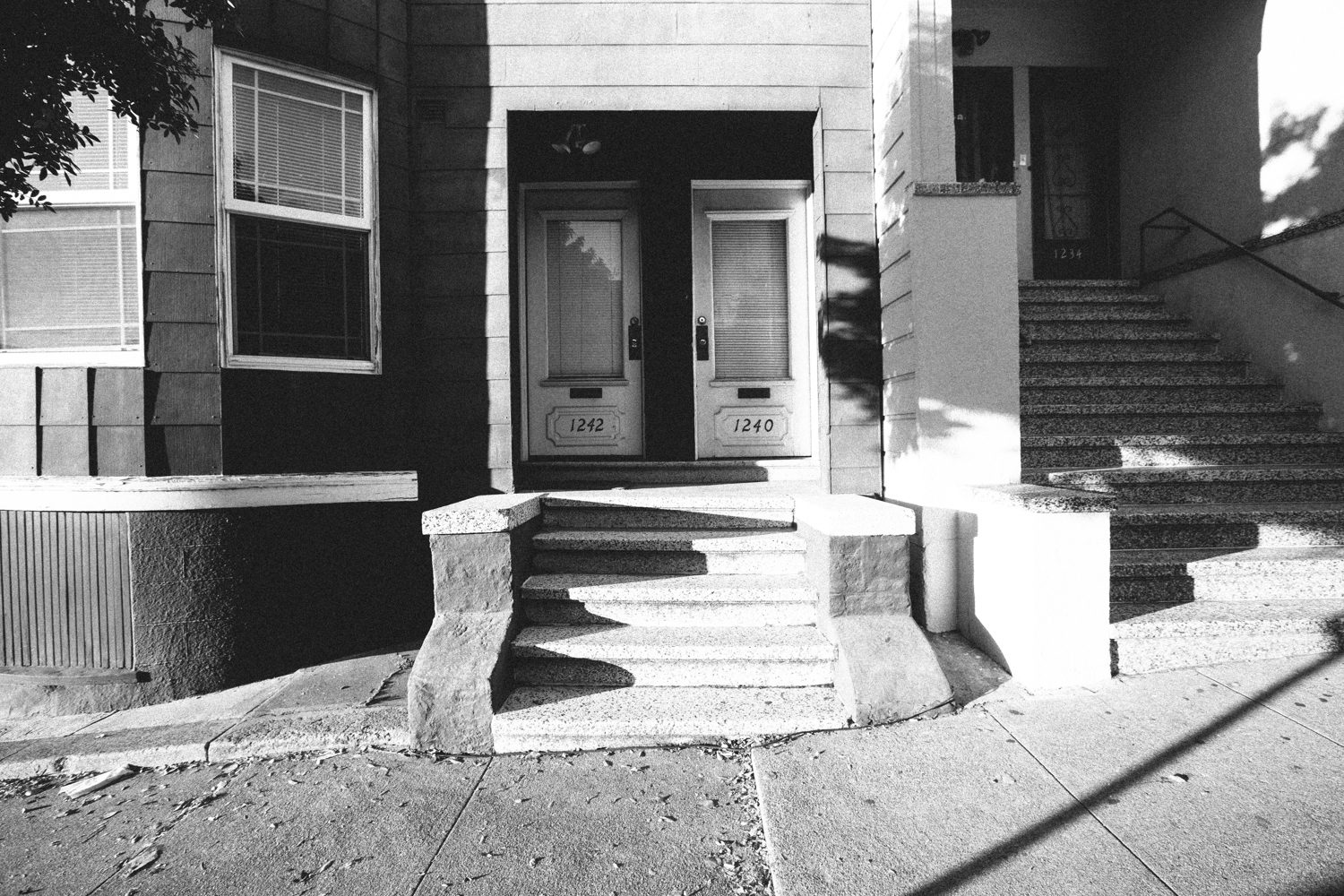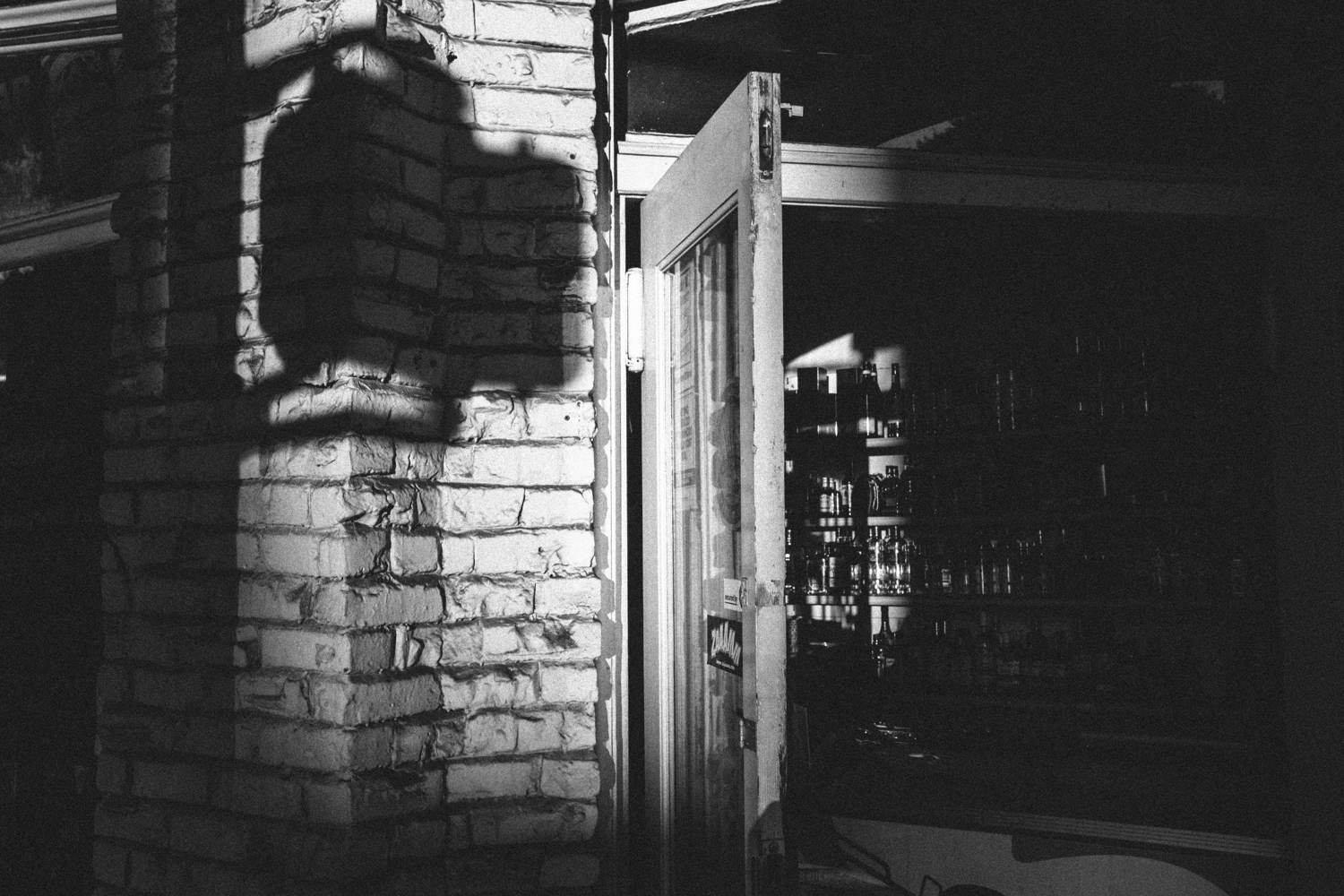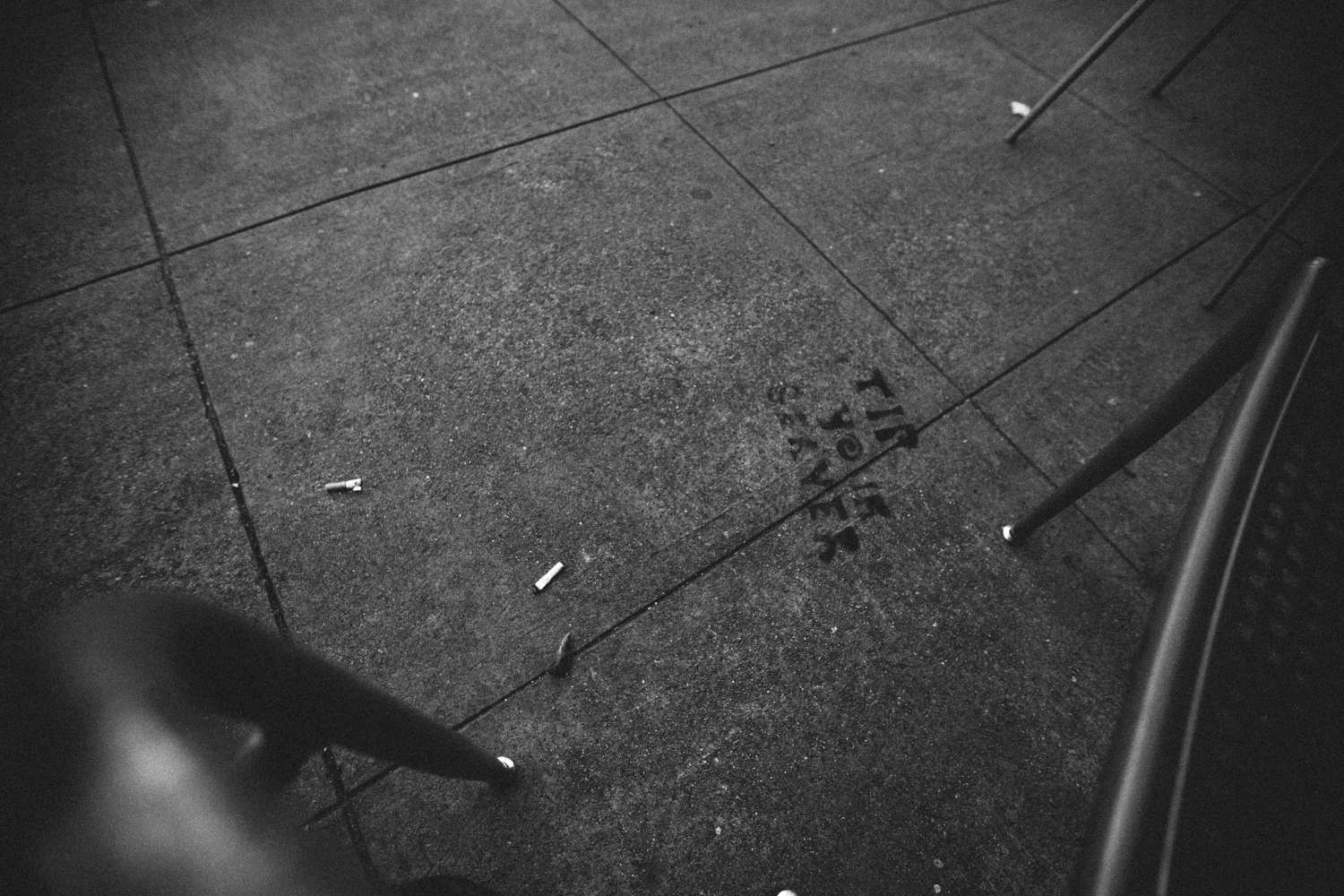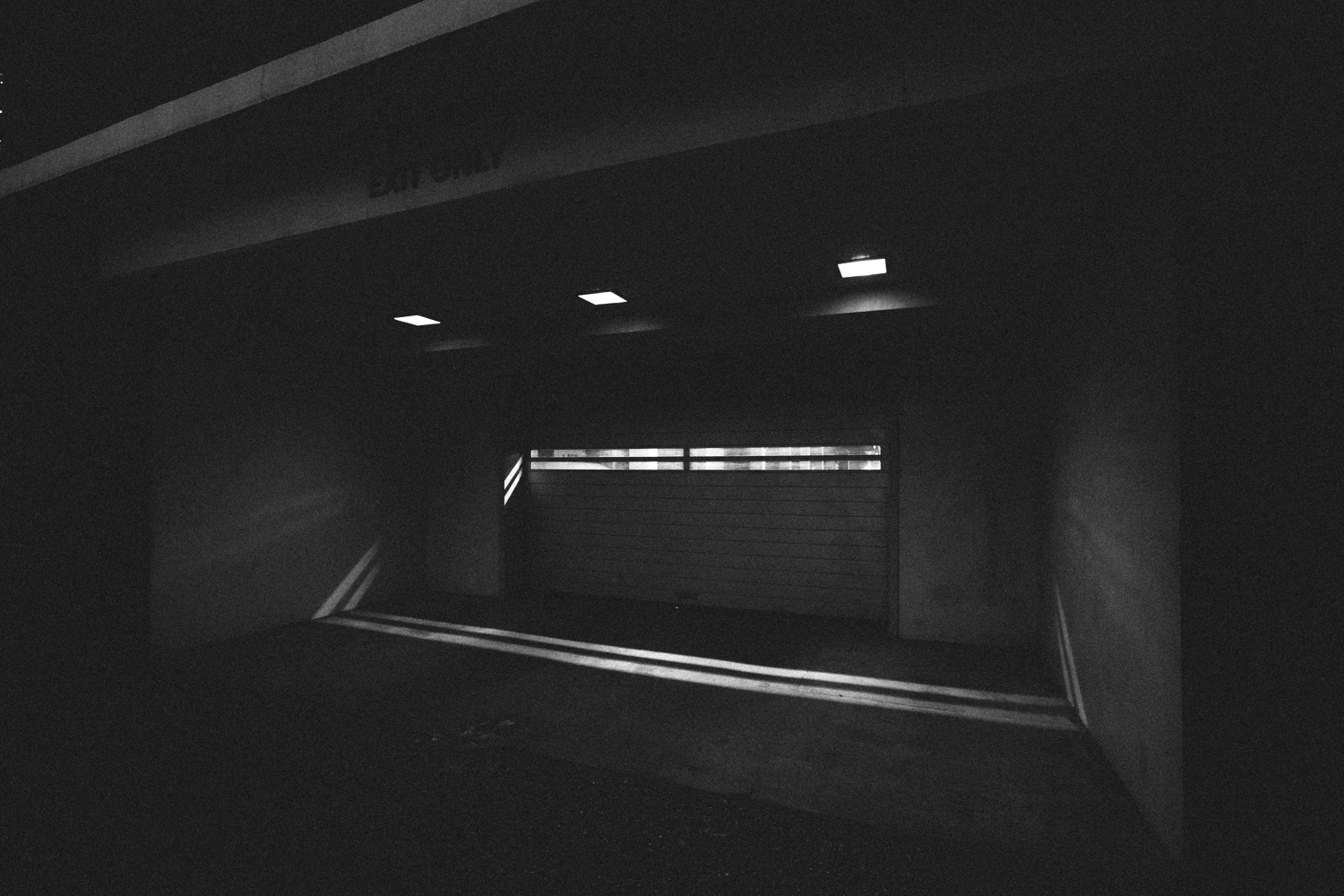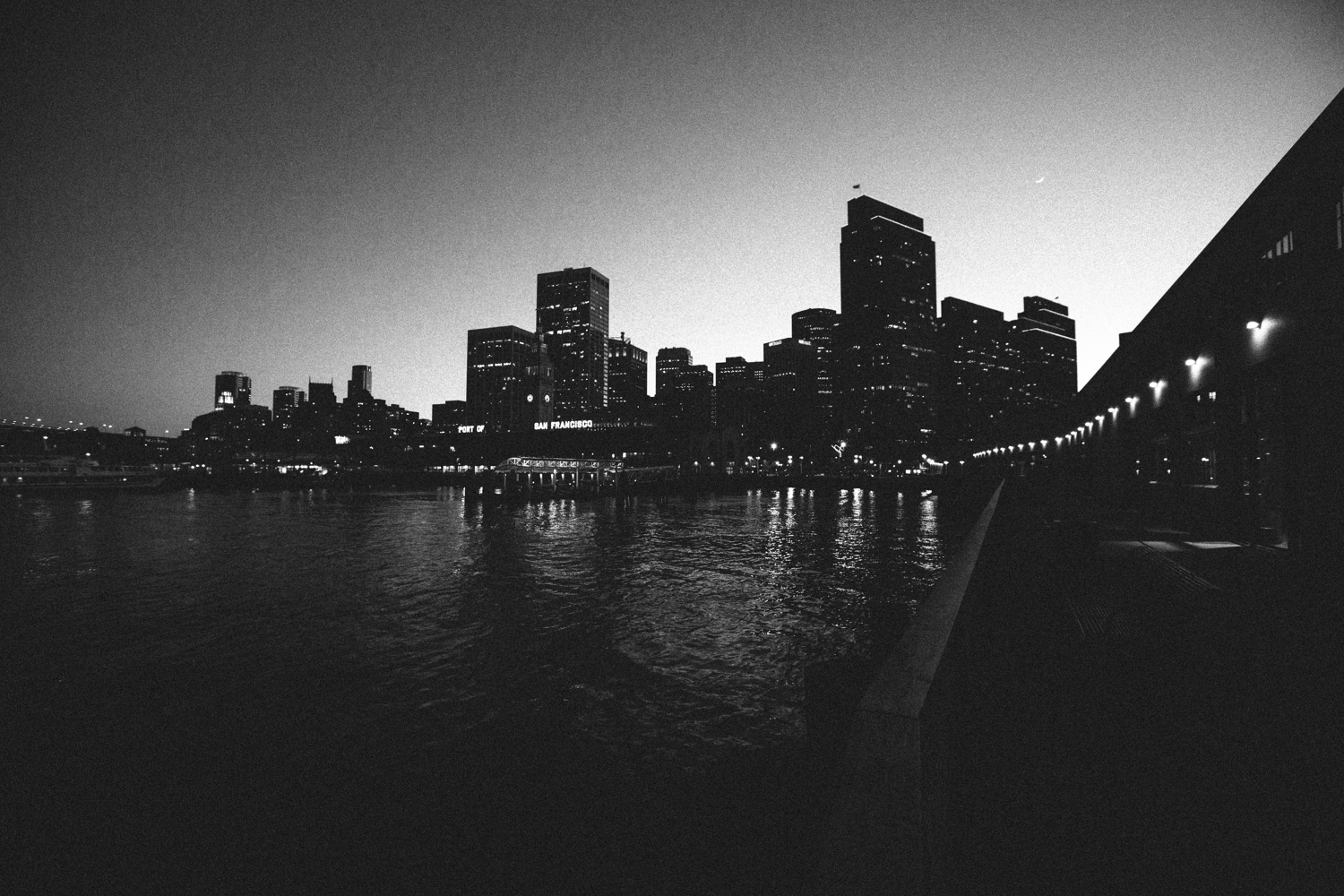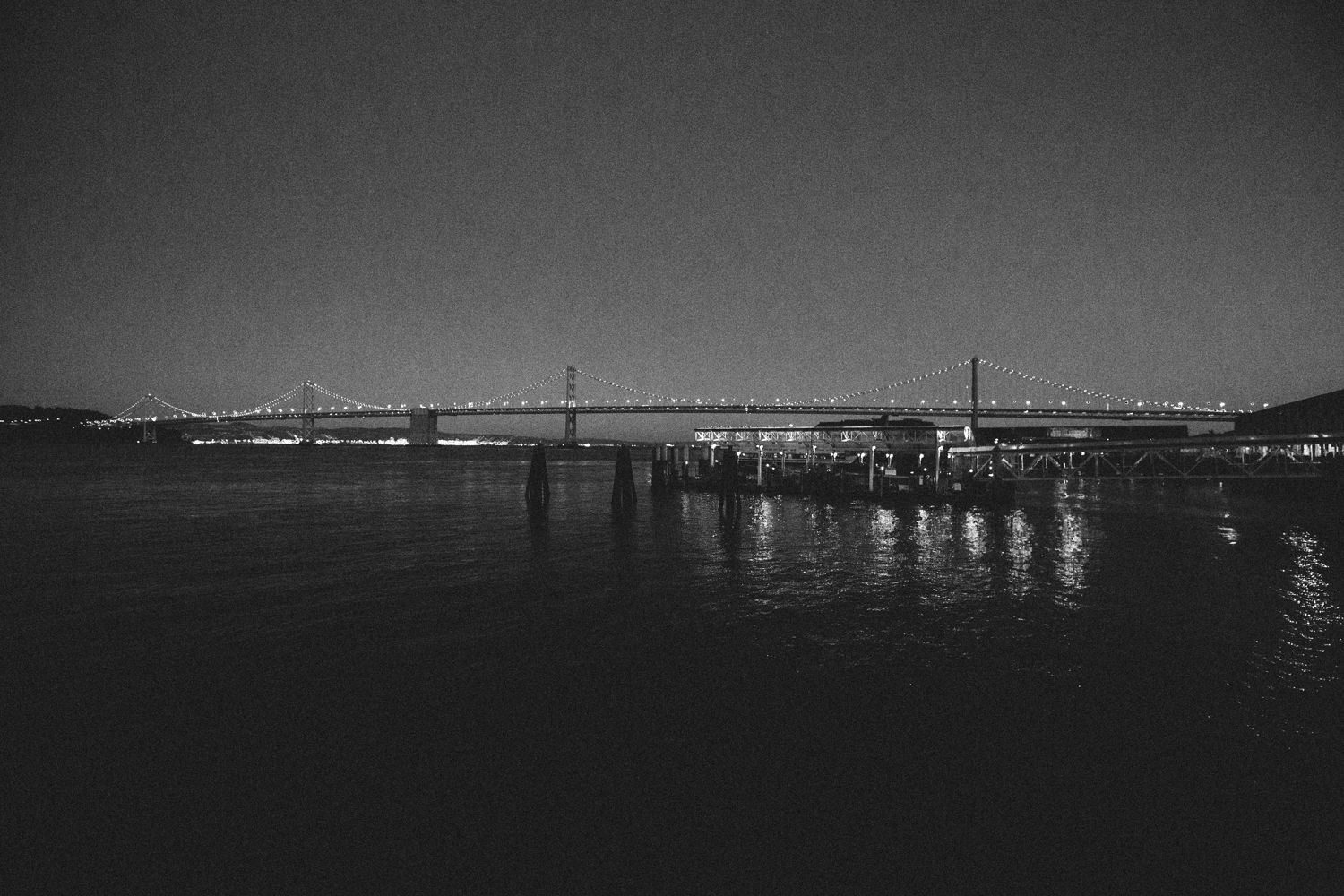Retirement is on all of our minds today, and Chennai wears its weather wisely, a brooding grey that melts into rain and catches the light as it falls upon and disappears into a film of glaze upon every leaf that breathes life into our narrow little lives within this concrete maze. After Sachin’s beautiful retirement speech brought that familiar wet film of glaze to my own eyes, the eyes of somebody who has not ever watched a sport with any real element of passion or sincerity, I could not help but wonder why I felt the way I did. I’ve heard his name for ever since I remember hearing names, and I like his face and I like his smile and there’s something about his demeanor that makes me want to trust. And he’s going away, breaking a billion hearts while at it, and that made me sad, and a little proud.
Our greats retire, our legends die, and of course, not without leaving something much bigger than their own persons behind. Their journeys are beautiful and most of the rest of us slave away at the ends of our leashes so we can partake with them upon their magical journeys; 4 extra hours of work on a weekend to afford that concert ticket or season pass.
Last evening I was at the Music Academy, to enjoy one such concert. Pandit Hariprasad Chaurasia and Pandit Birju Maharaj were performing together. Every year we lose a few of our greatest musicians, those whose repertoires and contributions elevated them on to the plinth of legend, living legends, as they were known while they still performed upon a stage somewhere unto their dying breaths. I remember being at Pandit Ravi Shankar’s concert at the Davies Symphony Hall in San Francisco(oh how I miss San Francisco!), one year before his death, he was 91 years old then. I remember wondering what kind of vegetable I’d be when(if) I’m 91, as I sat in my balcony seat waiting for the concert to begin. He was carried on to the stage by two people, he sat on a platform because he could not sit cross-legged anymore, the sitar was placed on his lap, and he played a fabulous 2 hours that I enjoyed so thoroughly that it greatly bothered the strangers who sat in their seats around me. One of them asked me if I was a fan :)
I met a husband and wife who’d been at Monterey Pop. Yes, they still looked like hippies. They were proud to have been a part of his journey, they told me. I believed them. His Bhimpalasi from that performance is a return to center for me, and I go there often. But, at the Davies, I heard a different Ravi Shankar from the one I was used to listening to in my records. This was a Ravi Shankar whose music had aged with him, whose abilities had waned over the years after a most blissfully magnificent peak, whose youth showed only in his eyes and sense of humor. This Ravi Shankar was mature, sedate, meditative, magical. It was not what I expected going in, and it was strange what we got, but it was beautiful nevertheless, and I didn’t care to think about it much after, except in fond reminiscence, sometimes stopping to brag about having been there.
Last evening, I was at the Music Academy, to enjoy one such concert, all over again. Pandit Hariprasad Chaurasia, more than anybody else, is one of my favorite musicians. He’s a conscious favorite, somebody whose music I choose to listen to over others when the mood to listen to music strikes me, or the necessity to set the mood through music tempts me. Hariji is my default musician, much like how Ravi Shankar’s recital of that Bhimpalasi from the 1967 Monterey Pop Festival is my default performance. But, last evening, as younger musicians shone brighter, and Hariji seemed to disappear into the background, I felt myself being gripped in a sadness that stopped often to betray fear. Look at his hands trembling, I thought. They shook violently while he played, only to stop when he stopped playing, and I told myself that he did it to achieve nuances in his tone to add beauty to his song, but it was blatantly obvious to me that my favorite immortal legend was showing signs of his age. While Kaushiki Chakrabarty delved blows directly to our collective psyches through a voice and effort that exhibited such grace, texture and dexterity in what were unimaginably long and complicated phrases, Hariji would respond with short, beautifully well-worded replies. But I could feel his struggle, his inability to give his instrument everything he’d previously gifted it with. His age had caught up to his playing, and it made me sad. But his ideas had developed, and his phrases, though short and simple, were beautiful as ever.
Today, as I spoke about last night’s concert, a few friends wondered aloud about why he wouldn’t just retire, being as it was obvious that he was well past his prime, and, retirement being on all of our minds today. We talked of legacy, preservation and quitting while still ahead. But our musicians don’t retire. Our artists, those who mean anything to us, they can’t retire. They continue to perform every day until the last day that they possibly can. Does an artist ever retire? I mused that the tragedy of an artist quitting would far trump that of a more restrained performance.
Last night’s concert taught me something, and thinking about Pandit Ravi Shankar’s concert at the Davies Symphony, I recollect that it had taught me something too, I just hadn’t asked myself the question yet. Art mimics life and life mimics art and the duality requires that they both accept the realities of their being, the reality being that both life and art are resolutely cyclical. And these are musicians who were born with a gift perhaps, but no fruit or knowledge yet, people who made the effort and gave it their all, went to places even their masters had never seen, achieved a peak that lasted many decades, people whose ages caught up to them to end the cycle that they were gifted with, but most of all, people whose ideas never stopped developing. When you are so involved with your art, that it becomes your life, you need to see it through to the end, or you just stop living. When Hariji played yesterday, every breath was a measured effort, every note was an expenditure of a finite resource, every phrase was thoroughly considered, every nuance was a product of a lifetime of perfection, and what he produced, while not being an exhibition of technical ability or a mastery of technique, was instead, a display of honesty and genius. Every time Kaushiki flaunted and showed-off her own well-developed skill and ability, she herself being at her best yet, Hariji would move the performance slowly along, with his short, simple responses, taking the conversation to a new place every time. And I know that his presence made her more brilliant than she would have ever been taking the stage on her own. He was meant to be there, to pass his gift along.
What we witnessed yesterday, between two 75-year olds, still keeping at their art, was something special. It is their art, on its way to the end of its life-cycles. It is sad, but it’s the truth. The crescendo is the most impressive, but the closing act is the most important. Last evening’s concert made me feel things that so many of his best and most brilliant performances never made me feel. I felt sadness as his hands trembled, the mere visual was heart-breaking and opened me up to feel more than I ever would have otherwise. I felt fear as he ran out breath, knowing that the end was near. His music, of course, as always, was magic. A performance, truly. The best art always breaks my heart. Last night’s concert was heart-breaking.
It’s night now, the rain has stopped, the light has come home and the streets are empty. I wish forever were a real thing, but tomorrow exists to disprove us everyday. Tonight, a swan, somewhere, is singing its song. I wonder who’s listening.
